Cat Spraying: Why Cats Do It and How to Stop It
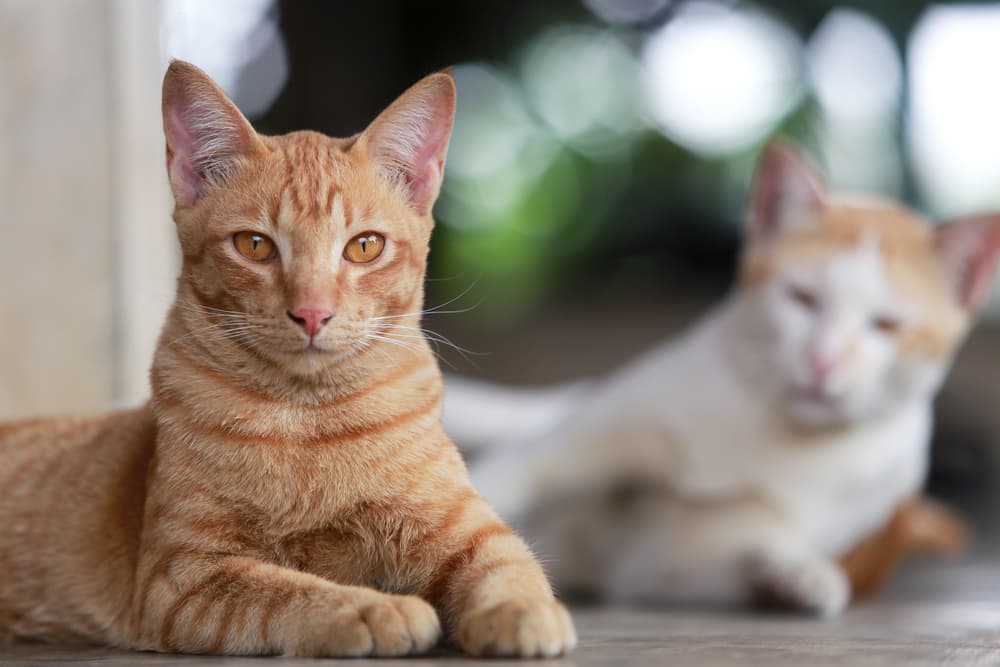
Cat Spraying: Why Cats Do It and How to Stop It – If you are a cat parent, you may have experienced cat behaviors like spraying or urinating outside of the litter box. It is not always easy to distinguish the two as symptoms because they are similar, and urinary issues in cats are complicated. Both behaviors may stem from underlying health or behavioral issues, so it’s important to have your cat examined by a veterinarian to rule out any medical causes. Understanding how to differentiate between these issues can assist your veterinarian in reaching a quicker diagnosis and treatment plan
Cat Pregnancy: Signs, Stages, and Care
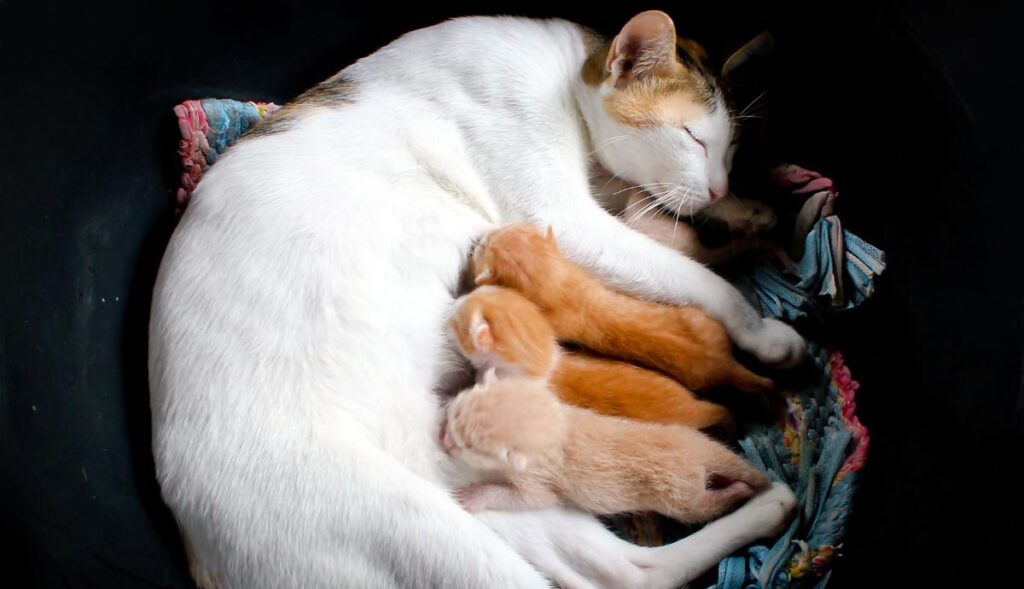
Cat Pregnancy: Signs, Stages, and Care – If you think your cat may be pregnant, congratulations, and hopefully, this will be a special experience for you! Cat pregnancy can be exciting, but it also comes with responsibilities. If you know what to expect, identify signs early, and provide your cat with the best possible care, the whole thing can go smoothly and be less stressful for her and her kittens. Generally, a cat pregnancy is about 63 to 65 days, though it can range from 58 to 70 days from conception to delivery. That is just over two months, and a lot happens during a short time (usually about a week prior to delivery, you want to have all of your supplies on hand and ready).
Recognizing the Signs of Illness in Cats
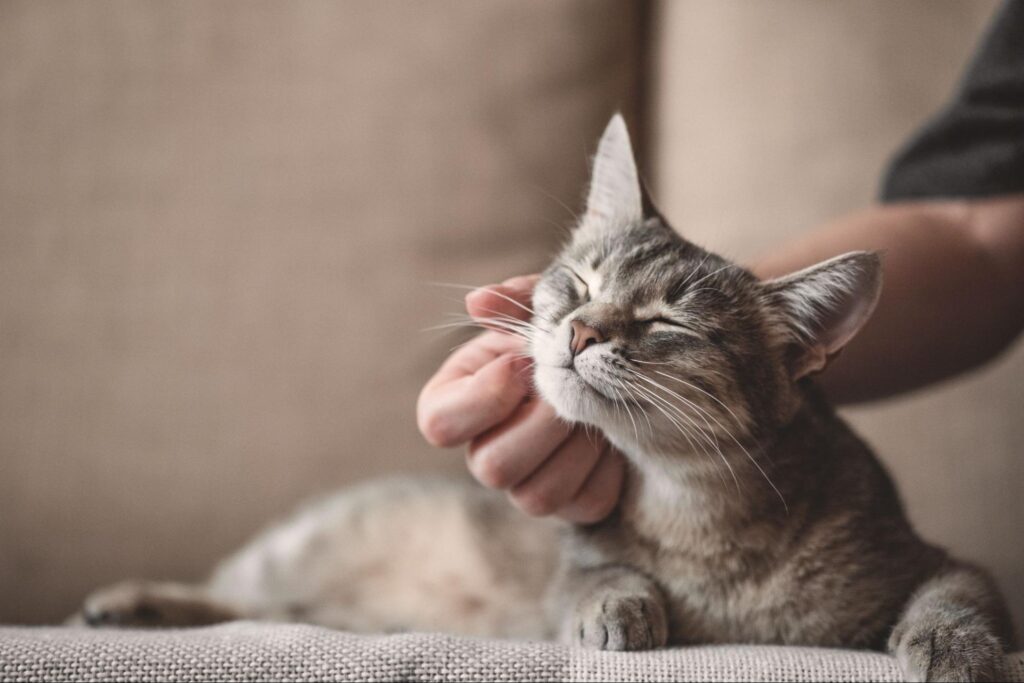
Recognizing the Signs of Illness in Cats – Cats have a reputation for independence, grace, and stealth, and while the last two factors generally result in little to no sighting of those darling felines, it can work to their disadvantage when they become ill. Unlike dogs, cats are often the unsuspecting masters of appearing to be fine when they’re quite ill or uncomfortable, which makes it all the more important to notice early warning signs of illness in cats for any cat parent. Regardless of whether you’re a new pet parent who just got your first cat or a life-long cat lover, knowing what to watch for can make all the difference when it comes to your cat’s health.
Treatment Instructions for Asthma and Bronchitis in Cats
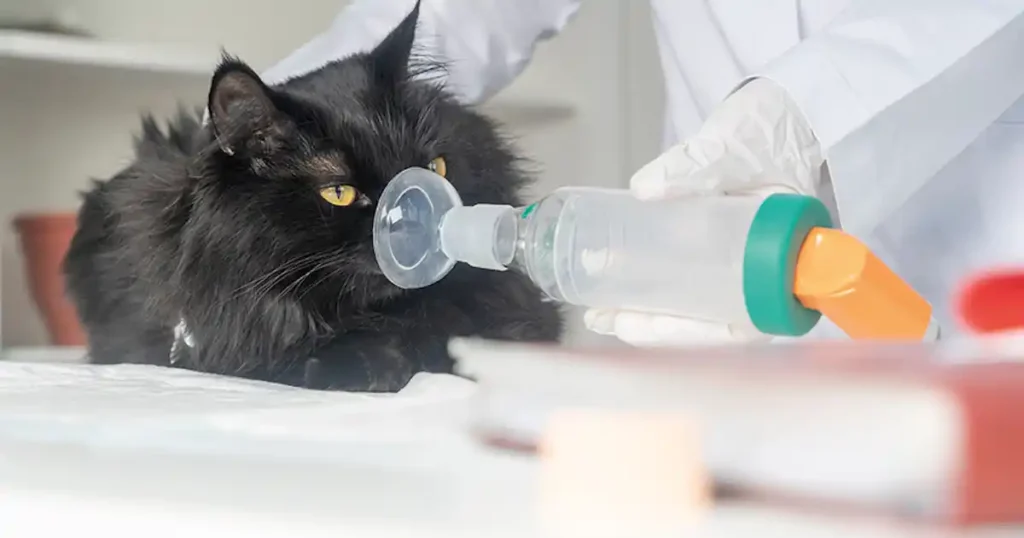
Treatment Instructions for Asthma and Bronchitis in Cats – Cats can suffer from asthma and bronchitis, which can have a greatly negative impact on their quality of life. Both diseases are characterized by inflammation within the airways. Asthma generally includes a bronchoconstriction component, whereas bronchitis presents more as excessive mucus production and chronic cough. Knowing how to properly treat your cat for either asthma or bronchitis is critical to managing the respiratory symptoms to allow your pet to live an active, comfortable lifestyle.
Cat Behavior Problems: Marking and Spraying Behavior
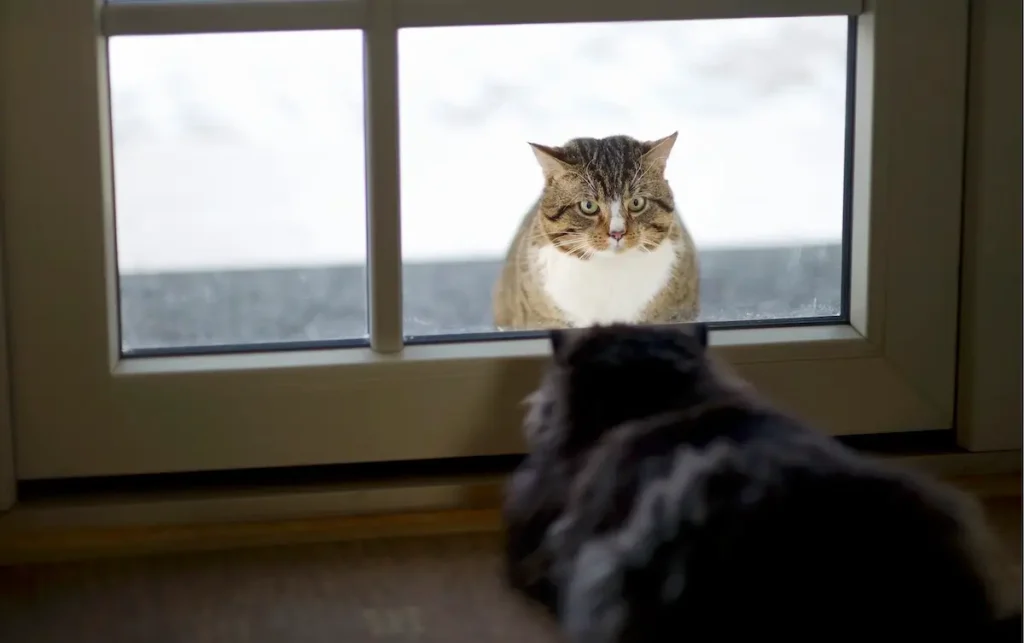
Cat Behavior Problems: Marking and Spraying Behavior – Cats are often praised for having clean and independent habits, but cat owners will sometimes face challenges of their own, perhaps the most aggravating one being inappropriate marking or spraying. However, while uncomfortable for the owner, it is a natural behavior. Marking and spraying may cause a nuisance inside the house when it is done by a pet cat. To keep peace in the home, one should apply an understanding of the reasons for marking and spraying, and how to manage them.
Herpesvirus Infection in Cats (Feline Viral Rhinotracheitis)
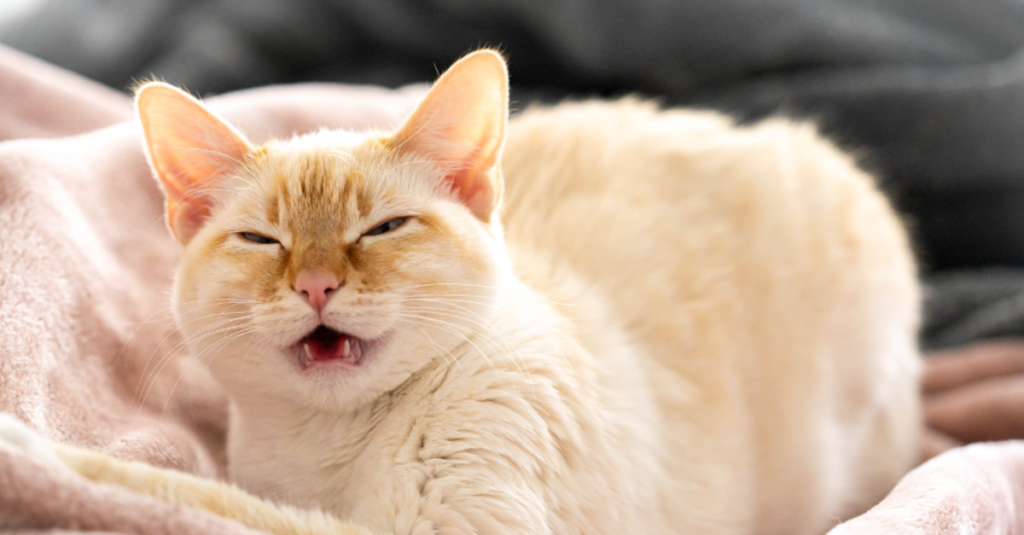
Herpesvirus Infection in Cats (Feline Viral Rhinotracheitis) – Feline herpesvirus infection, also called Feline Viral Rhinotracheitis (FVR), is a common and highly contagious upper respiratory disease of cats. The virus causing feline herpesvirus infection is feline herpesvirus type-1 (FHV-1). FHV-1 is infectious to cats and can infect the nose (nasal mucosa), throat (pharynx), and eyes (conjunctivae). Kittens and felines with compromised immune systems can have long-term sequelae from infection.
Tetanus in Cats
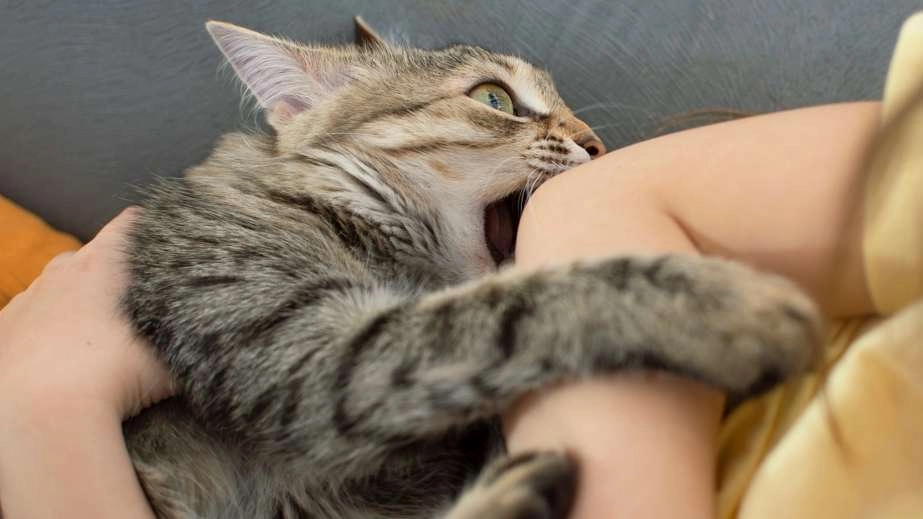
Tetanus in Cats – Tetanus is a disease that can cause catastrophic neurological disability in cats. The symptoms, treatment method, and preventative suggestions for pet owners are all broken down in this blog. However, tetanus harms the neurological systems of felines and can be fatal. Clostridium tetani, a deadly bacterium that is mainly found in soil, excrement, and some other places, is the cause of it. Muscle firmness, spasms, and seizures are all signs of tetanus’s impact on the body’s neurological system and muscles. It can lead to swallowing difficulties, difficulties in breathing, and even death in some severe cases. An extensive review of cat tetanus and steps pet owners can take to avoid and treat the illness will be given in this blog.
Ibuprofen Poisoning in Cats
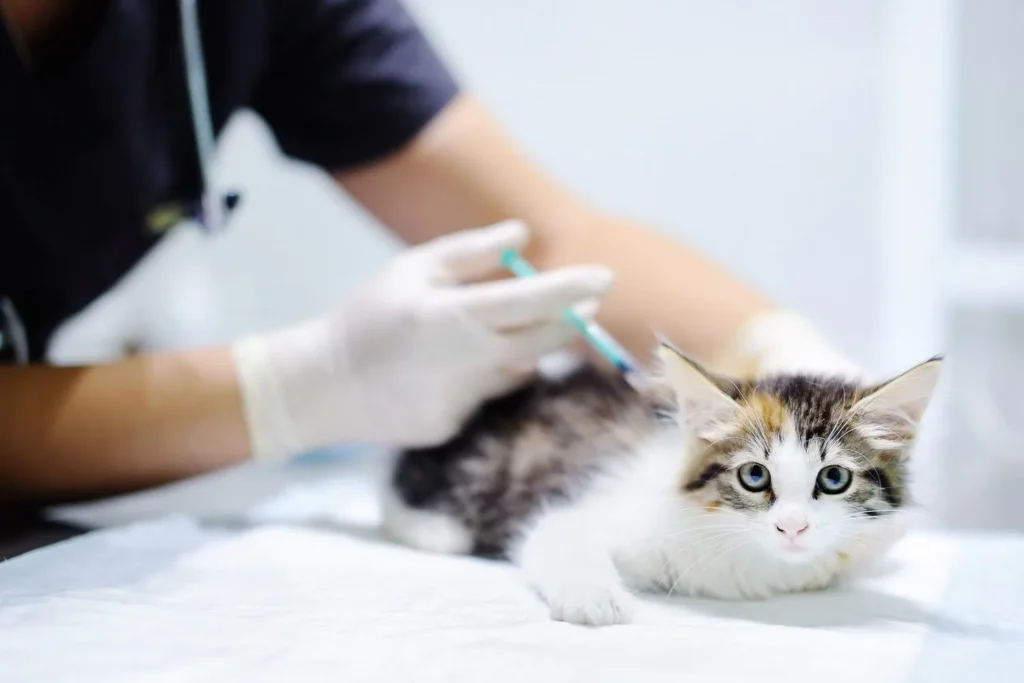
Ibuprofen Poisoning in Cats – Ibuprofen, a popular over-the-counter pain reliever for humans, can be deadly for cats. Apart from being easily accessible and commonly used to treat pain and inflammation in humans, ibuprofen can be highly toxic, even lethal, when consumed by feline friends. It can save lives to be aware of the dangers, signs, cure, and prevention of Ibuprofen Poisoning in Cats.
Toad Poisoning in Cats
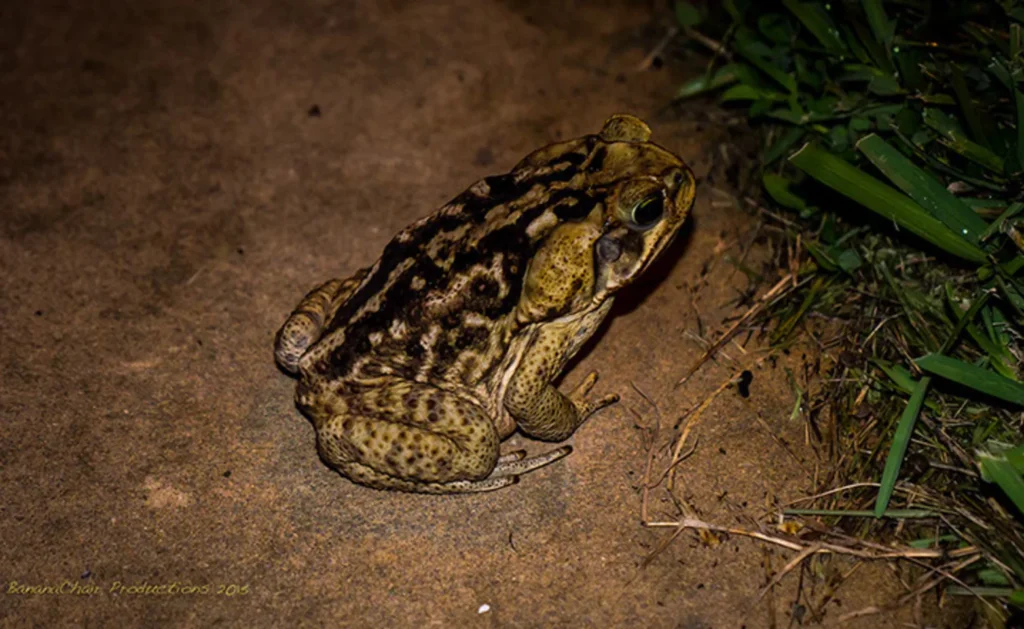
Toad Poisoning in Cats – Cats who come into contact with the toxic secretions of some toad species can get toad poisoning, a dangerous and even lethal illness. Even while it might not be as prevalent in cats as in dogs, it is still a severe risk, specifically in regions where toxic toads like the Cane Toad (Bufo marinus) and Colorado River Toad (Incilius alvarius) are present. Because they are naturally curious, cats may paw at, bite, or lick a toad, exposing themselves to strong, harmful poisons. In addition to offering answers to frequently asked questions, this blog will explore the causes, symptoms, diagnosis, treatment, and prevention of toad poisoning in cats.
Why Is My Cat Limping? Causes, Treatment, and How To Prevent It

Why Is My Cat Limping? Causes, Treatment, and How To Prevent It – There are a lot of reasons why cats may limp, including foot or limb issues. A cat may have a sprain, an ingrown nail, a fracture, or anything else stuck in their paw. To prevent more serious issues, it’s important to schedule a visit with your veterinarian if you notice your cat limping. The causes of limping can vary and may not always be obvious.
